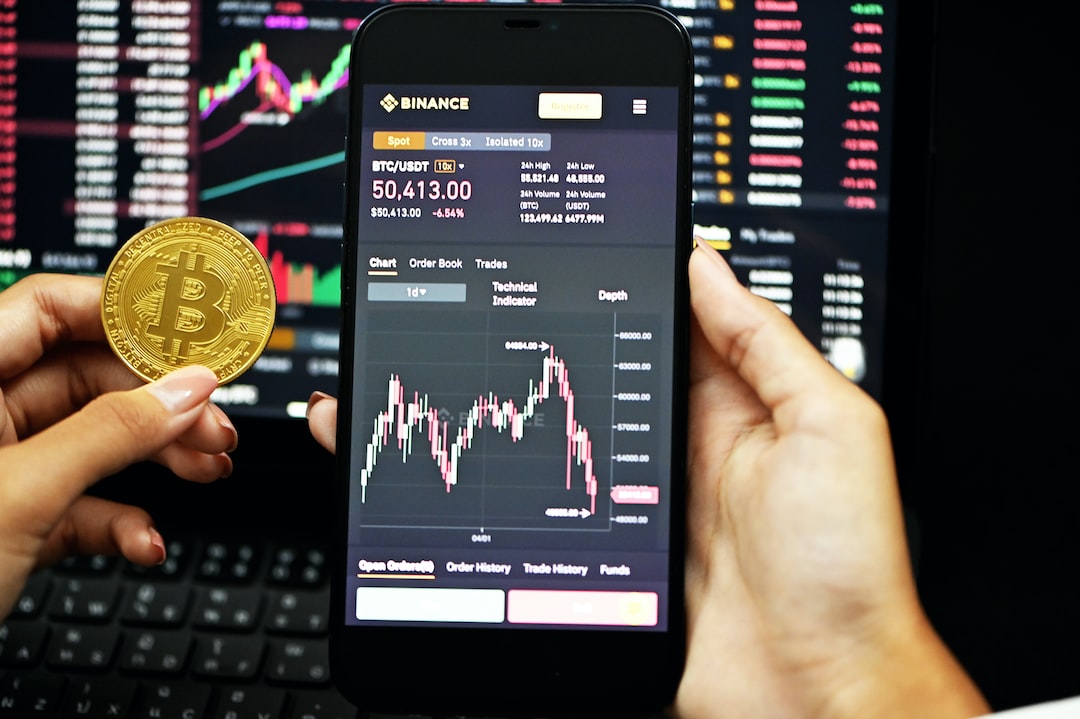What is an Altcoin?
An altcoin refers to any cryptocurrency that is not Bitcoin. Altcoins can be created through independent development or as a result of disagreements among creators. Examples include Litecoin, which split from Bitcoin to prioritize transaction speeds. Altcoins can have different operating systems and characteristics but often share similarities with established cryptocurrencies.
Types of Altcoin
1. Mining-based coins: These coins, like Bitcoin and Ethereum, rely on professional miners solving mathematical equations to verify transactions. Litecoin, Dogecoin, ZCash, and Monero follow this strategy.
2. Stablecoins: These cryptocurrencies maintain a fixed price either through an algorithm or by linking it to a fiat currency or commodity. Tether, for example, is bound to the US dollar.
3. Staking-based: Some altcoins use a proof-of-stake mechanism where holders can stake their coins for transaction processing. Cardano, Toncoin, and Polkadot are examples.
4. Governance: Certain altcoins give investors voting rights to influence the future direction of the cryptocurrency and provide feedback to developers.
How many altcoins are there?
There are over 17,000 types of altcoins available on the market. Altcoins can be a diversifying investment option and should be evaluated based on their market and technical fundamentals.
What to consider before buying altcoins
1. Market capitalization: The value of a cryptocurrency is often influenced by its market cap, which is calculated by multiplying the number of coins by their value.
2. Trading volume: Higher trading volume indicates significant interest in a cryptocurrency and can reflect periods of growth or decline.
3. Historic and current price trends: Analyzing pricing trends can provide insights into an altcoin’s performance.
4. Market and social media sentiment: Staying informed about crypto news and social media sentiment can impact an altcoin’s pricing and reputation.
Future trends in altcoins
1. Addressing environmental impact: Altcoins may shift to more sustainable consensus mechanisms, such as proof-of-stake, to reduce energy consumption.
2. Valuation and regulation: Proposed government regulations may impact how new coins are valued and regulated, potentially leading to coins with real-world utility.
3. Potential market boom: The cryptocurrency market may experience a boom in the second half of 2023 as economic conditions stabilize.
Hot Take
Altcoins offer diverse investment opportunities in the cryptocurrency market. However, thorough research and evaluation of each altcoin are necessary to make informed investment decisions. Stay updated on market trends and consider factors like market capitalization, trading volume, and historic price trends. Altcoins should be approached with caution, considering their unique characteristics and potential regulatory changes in the future.





 By
By
 By
By
 By
By
 By
By

 By
By